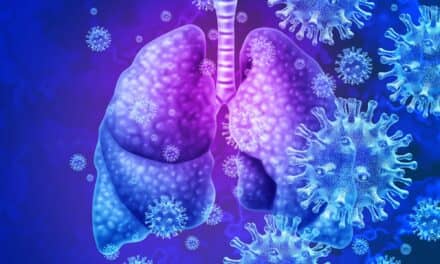A study from the University Health Network (UHN), a research and teaching hospital affiliated with the University of Toronto, shows that gene expression measurement during the early stages of illness may be able to predict a patient’s risk of developing fatal complications such as Severe Acute Respiratory syndrome (SARS).
The study, published today in the Journal of Virology, examined blood samples from 40 Toronto area SARS patients over the course of the 2003 outbreak. The samples revealed two unique interferon gene expression patterns produced by the immune system while reacting to the viral infection. Of the two patterns of interferons identified in the SARS patients who were followed throughout their illness, one pattern was present in patients who recovered quickly from SARS, and the other pattern was found in patients who either suffered a prolonged illness or who died from the virus.
“This study suggests that information on how a SARS patient expresses these genes during their illness can be used to identify who may require more specific treatment,” said UHN’s Mark Cameron, MD, PhD, the lead author of the study. “Also, we think that these patterns may apply to illnesses caused by flu viruses and that they should be considered in pandemic influenza preparedness.”
In 2003, 40% of people who contracted the SARS virus during the Toronto-area outbreak developed what is considered a severe form of the disease and nearly one third of those patients died.
During this study, researchers used a new device called a microarray, which can measure the expression of thousands of genes at the same time and can help to determine how a person’s immune system is working during an illness following simple blood samples taken during the early stages of the disease.









